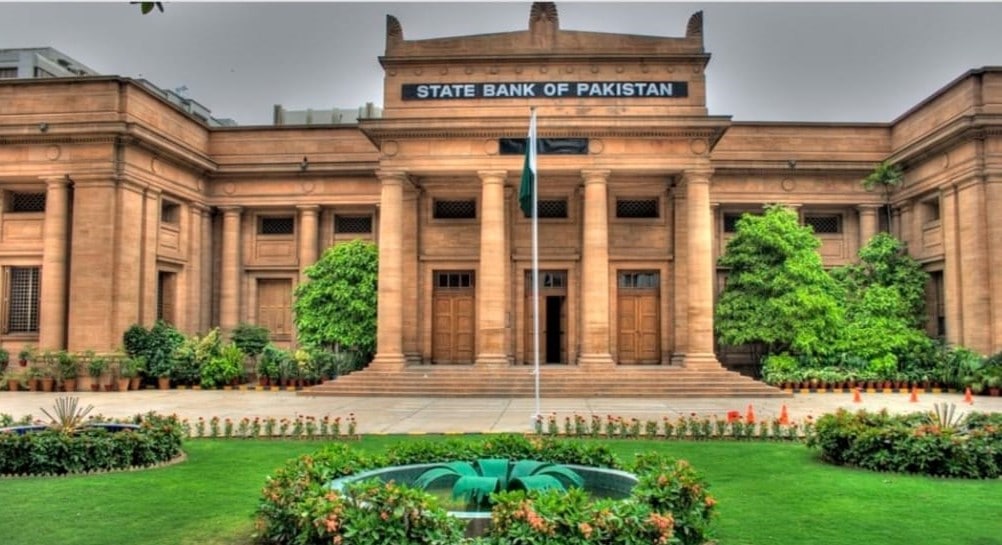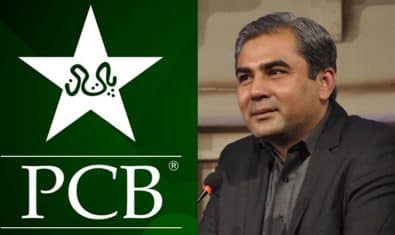In order to address one of the key challenges hindering the economic growth of Pakistan, i.e., the gender gap in financial inclusion, the State Bank of Pakistan (SBP) has launched a national dialogue on its forthcoming policy.
Governor SBP, Dr. Reza Baqir, hosted a webinar titled “Launch of Consultation on Banking on Equality policy: Reducing the Gender Gap in Financial Inclusion” on Monday, December 21, 2020.
The webinar featured an exclusive panel discussion around women’s financial inclusion with international thought leaders in the area of gender and finance, including Director Aga Khan Development Network (AKDN), Princess Zahra Aga Khan, Director of Strategy, Policy and Review Department IMF, Ceyla Pazarbasioglu, and Governor SBP, Dr. Reza Baqir. President of Gender Equality at Bill and Melinda Gates Foundation, Dr. Anita Zaidi, moderated the discussion.
ALSO READ
A Detailed Look at Rising Violence Against Women and Children in 2020
The webinar was attended by diverse local and international stakeholders representing public offices, international agencies, banks, and associations. Nearly 1,000 more people also watched the webinar live through social media platforms.
Dr. Reza Baqir said that improved gender parity in financial and economic opportunities could enhance the overall socio-economic development outcomes of a nation, not just for the present but also for future generations.
He noted that the event had three key goals, i.e., to bring attention to the shared goal of reducing the gender gap in women’s financial inclusion, to share the content of the Banking on Equality policy that was being launched for consultation, and to get feedback from stakeholders on the policy itself.
He welcomed the feedback provided by the international participants and others that would be provided over the next several weeks. He noted that central banks in developing and emerging markets, where there are often market failures, have an important role to play in ensuring that important sections of the society do not get left out from benefitting from the financial system through access to saving, borrowing, insurance, and other financial products.
ALSO READ
WEF Report Outlines the Way Forward for Global Economies
He said that the SBP looked forward to working with other domestic and international partners to further the cause of improving women’s financial inclusion. In this context, he also appreciated the support being provided by the Bill and Melinda Gates Foundation.
Deputy Governor SBP, Sima Kamil, made a presentation on the state of women’s financial inclusion in the economy and shared the features of the Banking on Equality policy. She noted that the gender gap in financial inclusion is rising. She said that only 11.7 million, or 18 percent of the adult women, have active bank accounts compared to 51 percent for men.
She also unveiled five key pillars of the Banking on Equality policy, under which actions are targeted towards improving institutional diversity, product diversification, development capability, customer acquisition, and facilitation approaches towards women segments, gender-disaggregated data collection, and prioritizing gender focus in SBP’s policies. The policy recommendations will apply to all banks, microfinance banks, DFIs, and EMIs.
During the panel discussion, Princess Zahra Aga Khan shared her views on how to make headways in the gender diversity landscape. She shared her experience on what steps can make a difference. Director IMF, Ceyla Pazarbasioglu, shared her thoughts on the importance of gender diversity in financial service providers that could improve overall women’s financial inclusion in a country. She also shed light on key demand and supply-side barriers that globally exist for women’s low financial inclusion.
ALSO READ
SBP Says It Never Declared Cryptocurrency Illegal
Now, as the consultation process has commenced, SBP will conduct series of focused stakeholders’ consultation sessions with commercial banks, microfinance banks, women working in FIs, prominent female thought leaders, women chambers, women entrepreneurs, and housewives to get more feedback.
Based on the broader feedback, the policy will be further enriched. After the feedback is complete, the policy is expected to be launched in early February 2021. The draft policy is available here.





















